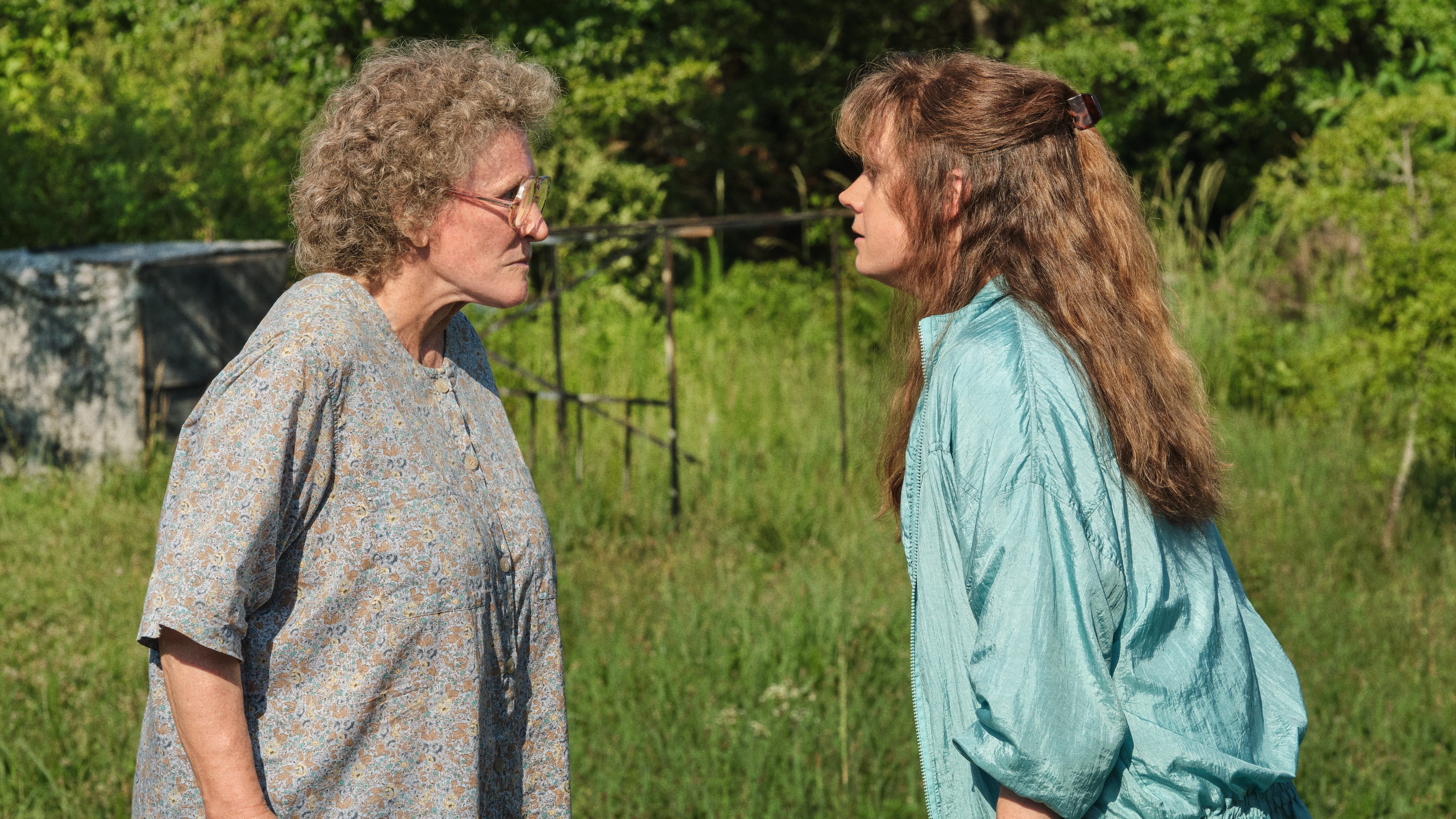What to Watch Verdict
Hillbilly Elegy does a solid impression of a good movie, but it never comes together.
Pros
- +
🤠Amy Adams and Glenn Close are giving way too much of themselves to such shallow roles.
Cons
- -
🤠There is no arc to this story.
- -
🤠Both actors playing J.D. are voids of personality.
- -
🤠The film has no idea what it's about, who it's for or why we should care.
Films aiming for Oscar glory aka "oscar-bait" can be solid, but they're usually templated — designed solely to cater to the voting interests of Academy members. Hillbilly Elegy takes this principle to its most ludicrous extreme. It's a star vehicle for Amy Adams and Glenn Close that's such a meandering nothing of a movie that it hopes to draw viewers in with tears and anger. And to be frank, Adams and Close are working hard to draw a gold statue into their orbits.
J.D. Vance’s memoir of the same title is not so much a narrative as a screed against his upbringing in rural Appalachia in the late 1990s. In adapting it for the screen, writer Vanessa Taylor and director Ron Howard have stripped away the judgmental shaming of the rural impoverished to leave a story about a man who achieved the American Dream by escaping poverty through hard work. The problem with this is in the framing. When we’re introduced to J.D. (a woefully inert Gabriel Basso), he’s already an adult, interviewing for a summer internship between years of law school. He’s pulled back to his hometown by the revelation that his mother Bev (Amy Adams) has overdosed on heroin.
This premise would imply some kind of disconnect between J.D.’s success and his roots, a reckoning with his past that needs to happen to make himself whole. Instead, the exact opposite is true. J.D. is nostalgic for his roots, feels so alien at elite law school dinners that he panics over which fork to use. The film simultaneously tries to posit that family is the most important thing for him while suggesting that they are an albatross around J.D.’s neck which limits his shots at happiness.
As this narrative between J.D. and his sick, but cantankerous, mother plays out in the present, we are treated to flashbacks that tell a story of their own. These scenes feature a young J.D. (an equally unengaging Owen Asztalos) dealing with his emotionally and physically abusive mother, falling into depression and delinquency. He's saved by his tough-as-nails grandmother (Glenn Close), who pushes him into taking the academic chances he needs to in order to escape his family’s cycle of poverty and abuse. This is compelling, but it’s undercut by what we already know of J.D.’s life in the present and it fails to tie into the present narrative in any way.
Adams screams and wails through the role of a very smart woman who became corrupted by emotional abuse and was denied her dreams by a young pregnancy, while Close’s hardass persona belies a matriarch who cares about the future of her family but does not have the language or patience to express it. This is expressed with hilarious absurdity at times, as is the case with the now infamous Terminator monologue featured in the film’s trailer. However, both actresses invest way too much of themselves into roles that don't deserve them.
Once you strip away the ambitions for awards glory, what are you left with? Is Hillbilly Elegy a character study? To be that, Vance would need to have a character arc, some introspection. Is it an examination of the opioid crisis in rural America? It could be if it opted to dive a little deeper than saying drug use is bad and junkies are sad. Is it a story about a grandmother’s will to save her grandson from her junkie daughter? Perhaps, but then why is the narrative attention split with a storyline that takes place long after she’s dead? Hillbilly Elegy does a solid impression of a good movie, but it never comes together in a thoughtful manner. In the end, it’s just a story about a guy who starts out wanting to be a lawyer, takes a trip down memory lane, then resumes his life as a law student. For all its baiting, there’s no hook to reel you in.
- What's new on Netflix
- The best comedies on Netflix
- How much does Netflix cost?
- The best Netflix shows
- The best horror movies on Netflix
- The top 10 movies on Netflix right now
The latest updates, reviews and unmissable series to watch and more!
Leigh Monson has been a professional film critic and writer for six years, with bylines at Birth.Movies.Death., SlashFilm and Polygon. Attorney by day, cinephile by night and delicious snack by mid-afternoon, Leigh loves queer cinema and deconstructing genre tropes. If you like insights into recent films and love stupid puns, you can follow them on Twitter.


